Black History Month is an opportunity for brands to uplift the Black community and celebrate its contribution to culture and society. Businesses which do this can successfully communicate their commitment to inclusivity – but only if their campaigns are part of a larger strategy.
Since the resurgence of the Black Lives Matter movement in 2020, many businesses have floundered when it comes to demonstrating they are anti-racist and inclusive. Some have failed to hit the right tone while others have been accused of tokenism and virtue-signalling.
Over the past three years, CORQ’s journalists have interviewed numerous Black creators about the part they believe brands could play in supporting the Black community and facilitating Black storytelling. These conversations took place for our podcast The Culture Is Black, at panel events and as part of features produced by our editorial team. The same concerns have come up again and again – both before and after the shifts of 2020. To help businesses sense check campaigns ahead of October, we have compiled the main observations from these interviews into six points.
1. Working with Black creators outside of London is essential
Bachala Mbunzama – AKA Bash the Entertainer – is one of the UK’s biggest TikTok talents but being based in Scotland has made him realise how London-centric the influencer industry is. There is a perception that the amount of work available for creators in other parts of the UK is scarce and this has made community building amongst creators outside of the capital much harder. He said: “In Scotland I have a lot of friends who do acting and music but everyone is competing. I want the community here to be close because then we could do things.” He believes brands treat London as the epicentre of Black creativity but could have an enormous impact if they broadened their horizons.
2. Acknowledging the depth of Black culture is crucial
One of the standout media successes of 2020 was the rocket-like international ascent of community broadcaster, No Signal Radio. When discussing its trajectory, founder Jojo Sonubi noted his ambitious programming has been key to its trajectory as this sought to acknowledge the many musical genres created by Black communities. Acknowledging the richness of Black culture and creators – as opposed to approaching campaigns with a single idea of what Black culture is – is something which many Black influencers have found lacking. Discussing the rise of audio, podcaster Victoria Sanusi – co-host of Black Gals Livin’ – noted there has been a harmful rhetoric that there “can only be one” Black creator representing the community in each genre of content. The large number of Black creatives with thriving podcasts has proved there is a serious consumer desire for Black creators telling diverse stories and how fruitful it is to represent a spectrum of perspectives from across the Black community.
You may also like
3. Fund Black creators to tell stories, not solve problems
In a CORQ panel for London College of Fashion in 2019, Grace Victory – who was one of our speakers for the evening – made a valid point when asked what influencers should do about the environmental impact of fast fashion: I’m not here to solve all of your problems and I can’t take on everything. She went on to say she was facing daily aggression due to her race, being a plus-size woman and frankly, also had her own personal issues to deal with. The idea that Black creators should have the solutions to systemic injustice is a toxic notion. Facilitating Black storytelling should not require the influencer to correct the issues of the company funding the content in the process. Playwright Inua Ellams echoed this saying a “rule of thumb” for brands working with Black creators should be not to presume they have the “answers for everything”.
4. Create opportunities which allow social mobility
Bilal Harry Khan – a prominent diversity and inclusion facilitator and podcaster – shared that one of the biggest issues facing young Black creatives is access to decision making networks. In a session for CORQ subscribers, he added that systemic and institutional racism means not only is it harder for young Black creatives to achieve success but many companies also question the legitimacy of their work. Brands should evolve the idea of professionalism and create networking opportunities that allow conversations to happen. Inua Ellams agreed that networking is crucial. Although he believes he is “terrible” at this, he can see how it has led to people championing him and to greater exposure of his work.
5. Be transparent about what you pay creators
The Influencer Pay Gap, an issue which has been extensively researched by SevenSix Agency founder Charlotte Williams, is something which many Black creators remain concerned about. The solution to this problem? Brand transparency on influencer fees. Creator Natalie Lee said Black influencers must be able to cross-check that the payment they are offered is standard and fair for that business. She would welcome an official guide on this as currently so much around creator payment is kept in the dark and many creators do not want to share their experiences for fear of repercussions. Bash The Entertainer also referenced previous experiences of being offered jaw-droppingly low rates. Adding to this, Williams has found Black creators lack confidence in pricing their work fairly. Transparent and standardised payment would also help tackle this.
6. Prioritise internal action before external campaigns
A final but important note. Bilal Harry Khan noted in his session with CORQ that authentic representation can only be achieved as part of a long-term strategy. Campaigns for Black History Month can be positive, but should not be at the forefront of how businesses signal they are diverse and inclusive.
By Sara McCorquodale, CEO and founder of CORQ. The Culture Is Black was hosted by Jennifer Adetoro and produced by Arielle Vetro.
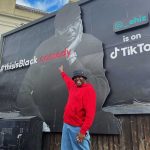




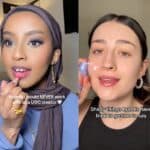

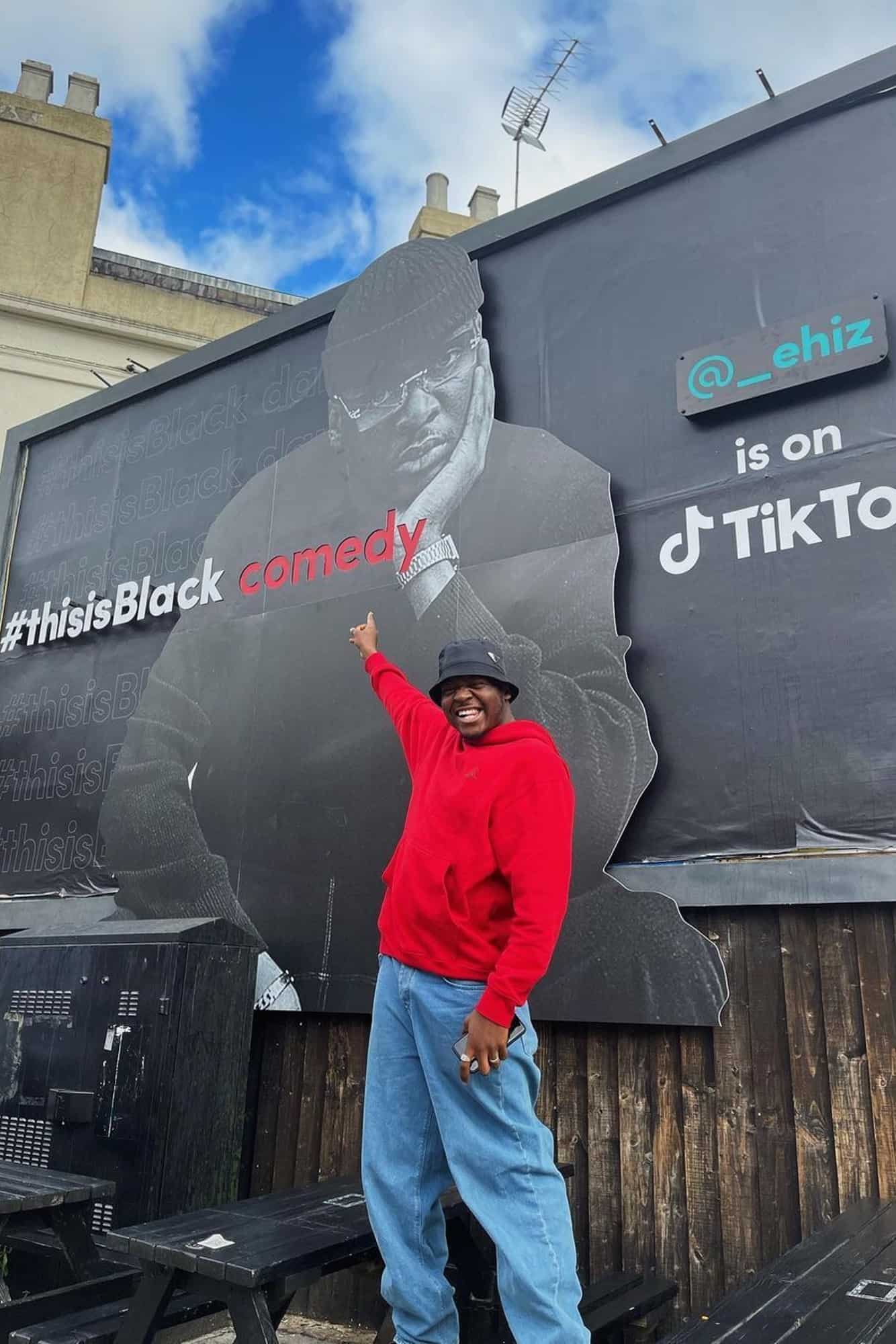
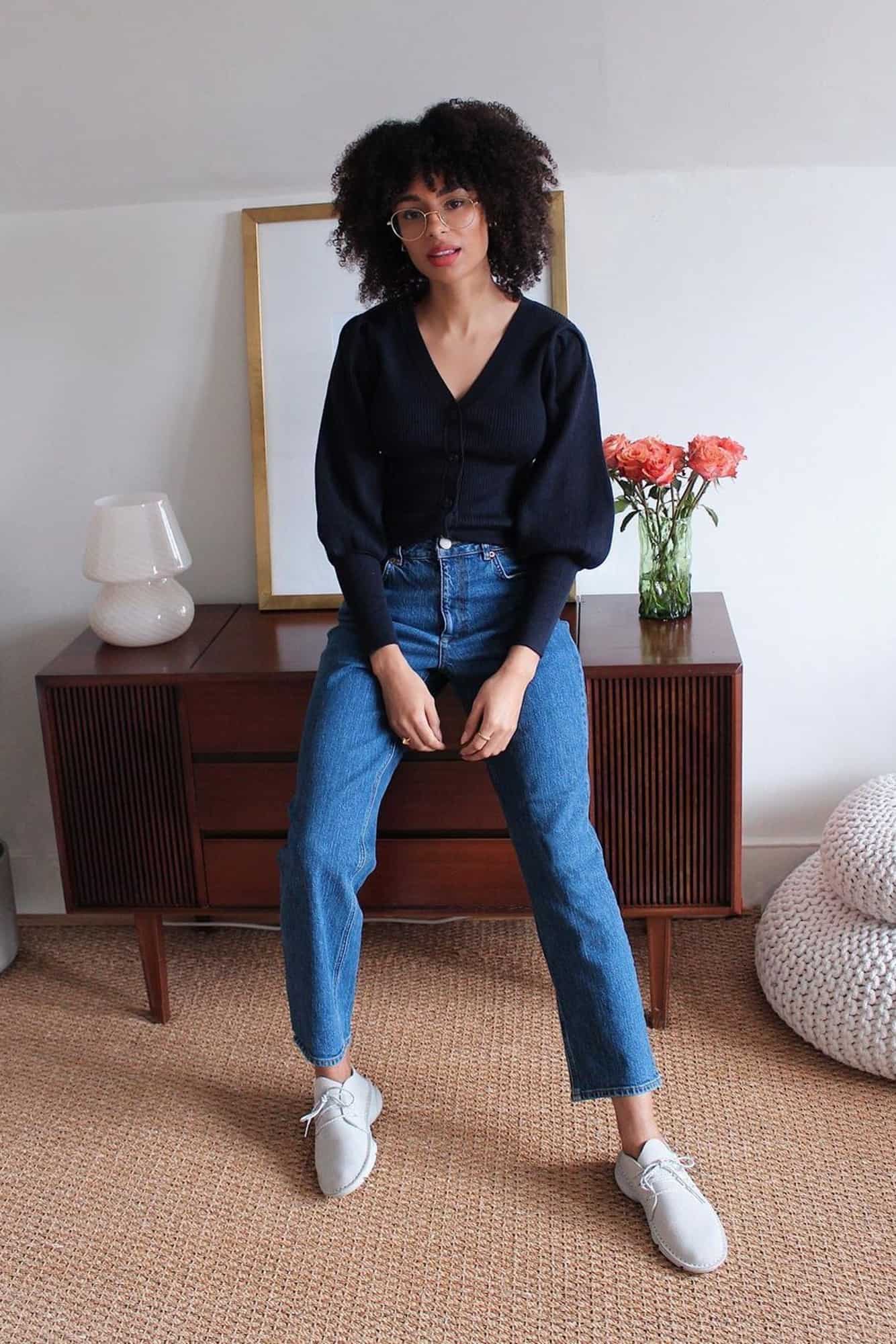
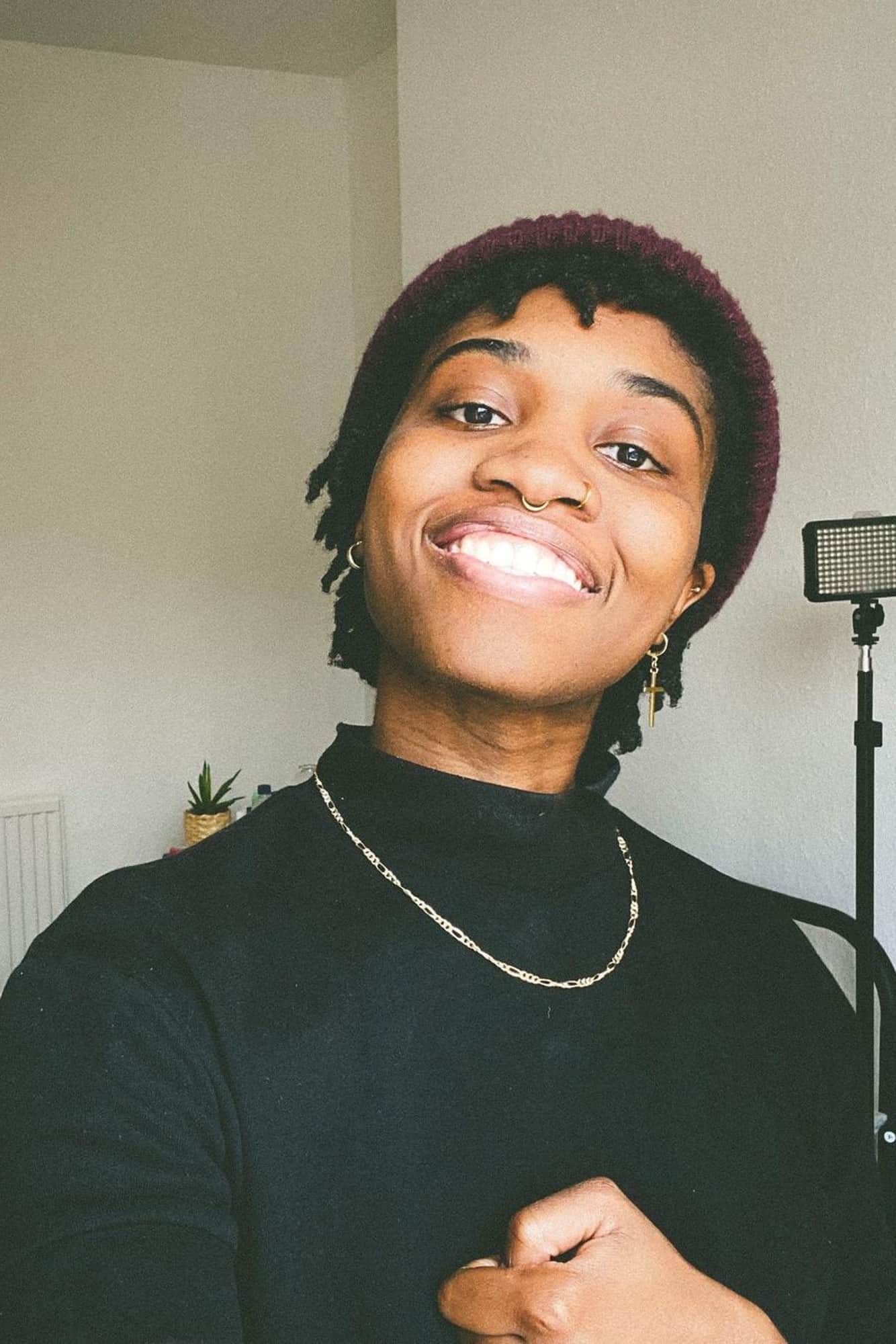
Brands should know better than to ask Black creatives to work for free during Black History Month – especially following 2020 pledges